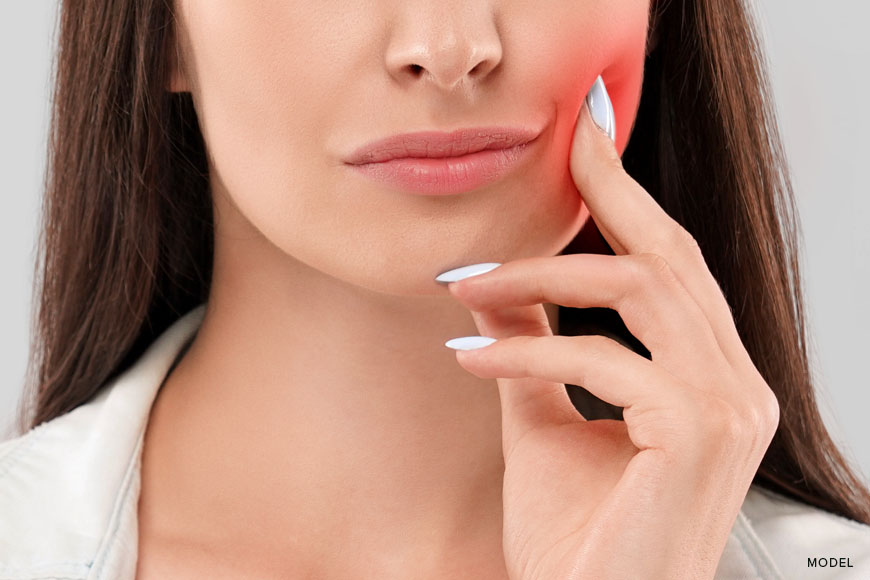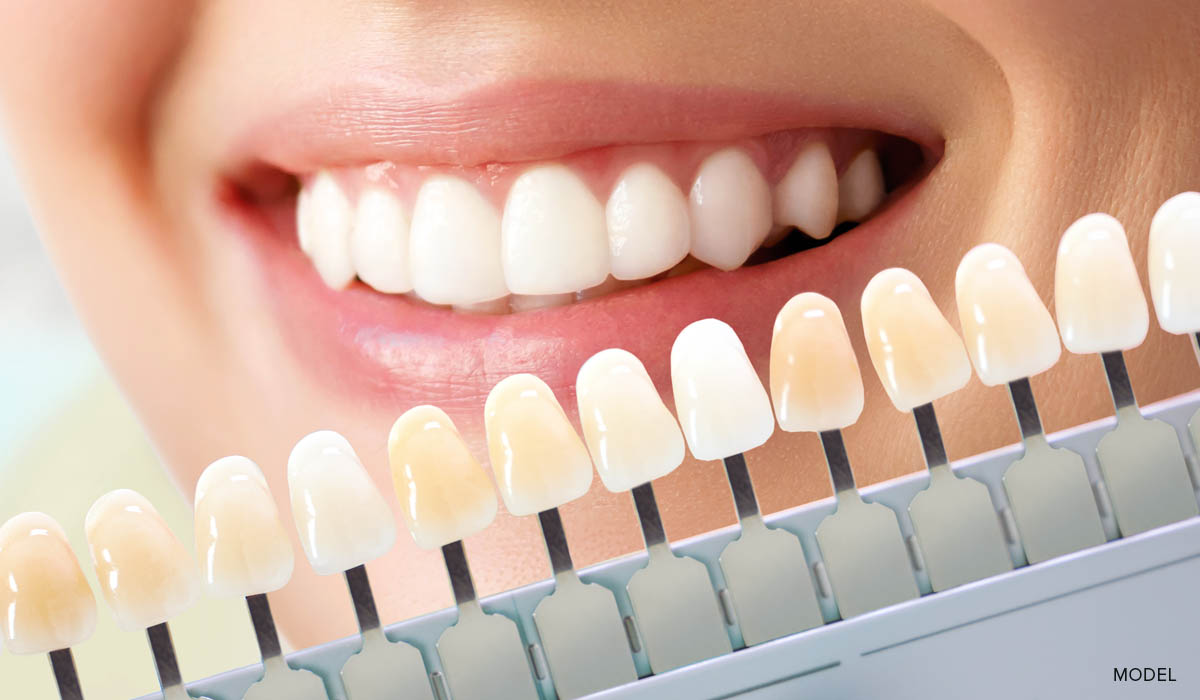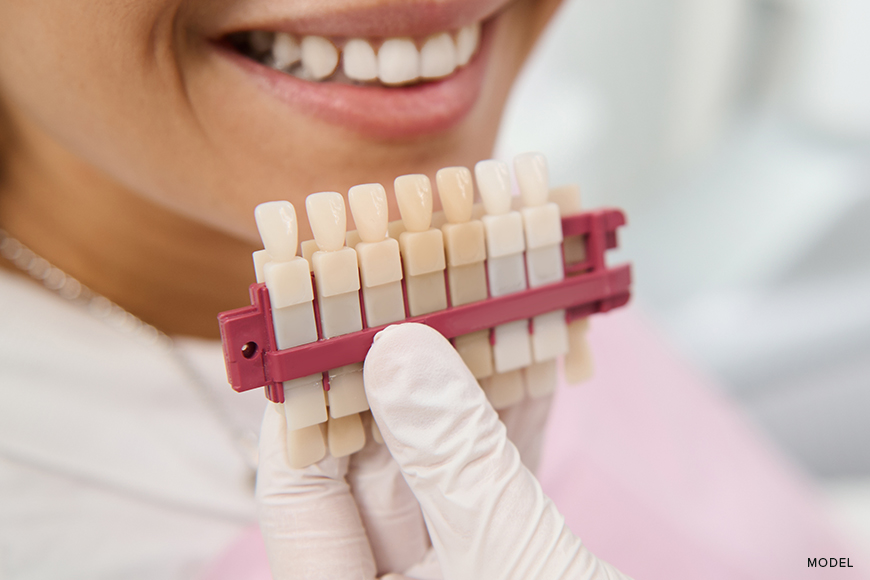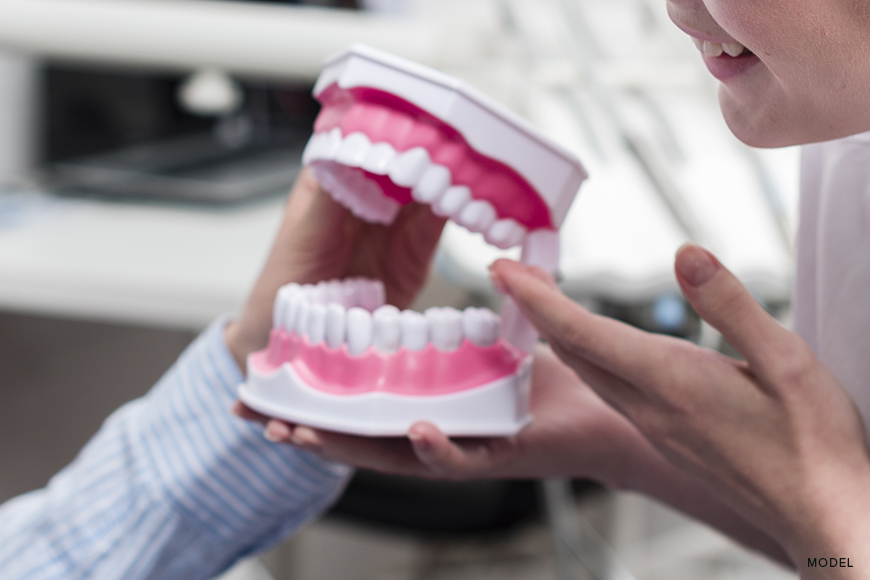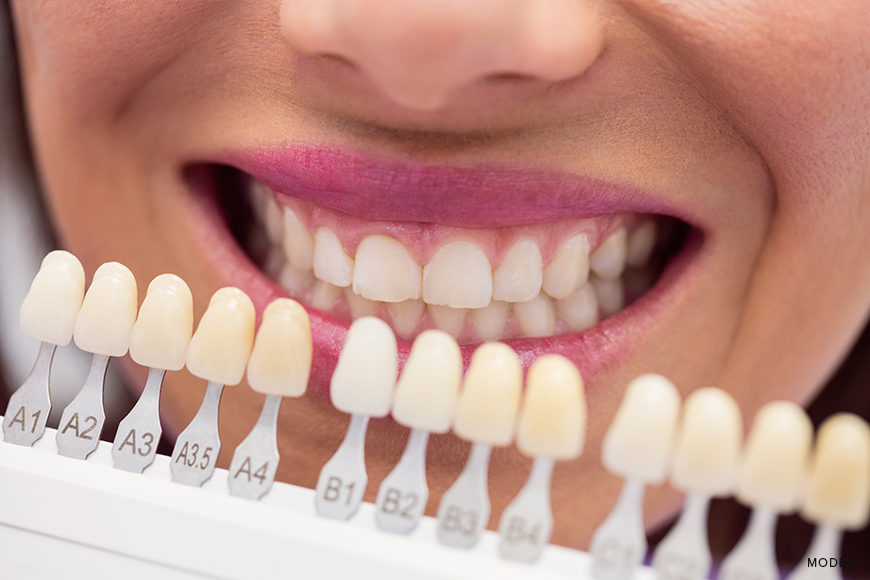Whitening your teeth can give you a brighter, more confident smile, but it can also cause sensitivity. The process of removing stains and discoloration can make your teeth more porous, which increases the risk of sensitivity. While some level of sensitivity is typical after whitening, it’s essential to know when to seek professional help if you experience discomfort.
What Causes Teeth Sensitivity After Whitening?
Teeth sensitivity after whitening is caused by the exposure of the dentin layer of your teeth. The dentin layer is located just beneath the enamel layer and contains tiny channels called tubules that lead to the nerve of your tooth. When the dentin is exposed, it allows hot, cold, sweet, or sour stimuli to reach the nerve, causing discomfort or pain.
Whitening products, especially those that contain hydrogen peroxide or carbamide peroxide, can cause temporary sensitivity by penetrating the enamel and reaching the dentin layer. If the concentration of the whitening agent is too high or if the treatment is not done correctly, it can lead to more severe sensitivity.
Normal Sensitivity vs. Excessive Sensitivity
It’s important to distinguish between normal sensitivity and excessive sensitivity. Normal sensitivity usually lasts a few days to a week and can be managed with over-the-counter desensitizing toothpaste or gels.
Excessive sensitivity, on the other hand, can last for weeks or even months and may require professional intervention. If you experience sharp or shooting pain, difficulty eating or drinking, or if the sensitivity does not improve over time, you should seek professional help.
When to Seek Professional Help
If you experience excessive sensitivity after whitening, it’s important to seek professional help. A dentist can perform an exam to determine the cause of the sensitivity and recommend the appropriate treatment. Some possible treatments include:
- Fluoride varnish or gel application
- Desensitizing agents containing potassium nitrate or strontium chloride
- In-office treatments, such as bonding or veneers
How to Prevent Teeth Sensitivity After Whitening
Preventing teeth sensitivity after whitening starts with choosing the right whitening product and following the instructions carefully. Avoid using products that contain high concentrations of hydrogen peroxide or carbamide peroxide, as these can cause more severe sensitivity.
Other tips to prevent sensitivity include:
- Using a desensitizing toothpaste or gel before and after whitening
- Brushing gently with a soft-bristled toothbrush
- Avoiding acidic or spicy foods and drinks
- Using a fluoride mouthwash to strengthen the enamel
Teeth sensitivity after whitening is a common issue that can be managed with proper care and attention. Understanding the causes of sensitivity, distinguishing between normal and excessive sensitivity, and knowing when to seek professional help can make a big difference in your oral health.
To minimize the risk of discomfort after whitening, it’s crucial to select the appropriate whitening product, carefully follow the instructions, and take the necessary steps to prevent sensitivity. However, if you do experience excessive sensitivity, seeking professional help can address the issue and help you get back to enjoying your brighter, more confident smile.
If you are experiencing excessive sensitivity after teeth whitening, we encourage you to schedule an appointment with Madison Dentistry today. Our team of dental professionals can provide you with the necessary professional care and work with you to find a suitable solution to alleviate your discomfort.


